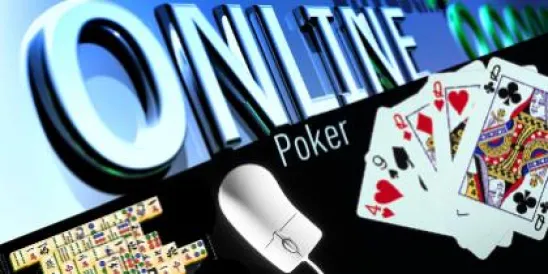Mah Jong, the ancient Chinese tile-based table game, can now count itself as a winner in the old debate of games of skill vs. games of chance, according to a New York state judge, who recently ruled that the game demands more than luck.
On January 19, 2012, Criminal Court Judge John H. Wilson declared in People v. Feng that “the court declines to declare Mah Jong to be a per se ‘contest of chance.’ ” Although Judge Wilson ultimately allowed a charge of promoting gambling to go forward, his findings have significant implications not just for the game of Mah Jong itself, but also for other popular games, like poker, which have historically been viewed to constitute illegal gambling.
In the Mah Jong case, Jun Feng and Victor Chan were charged with the misdemeanors of promoting gambling in the second degree and possession of a gambling device after allowing an undercover officer to participate in a Mah Jong game in their parlor. The alleged violation was of NY CPL 225.05, which states in pertinent part: “A person is guilty of promoting gambling in the second degree when he knowingly advances or profits from unlawful gambling activity.”
Another provision, CPL 225.00(2) defines “gambling” as follows: “When (a person) states or risks something of value upon the outcome of a contest of chance or a future contingent event not under his control or influence, upon an understanding that he will receive something of value in the event of a certain outcome.” The defendants argued that Mah Jong did not constitute a “contest of chance” within the meaning of New York state law. CPL 225.00(1) defines “contest of chance” as “any contest, game, gaming scheme or gaming device in which the outcome depends in a material degree upon an element of chance, notwithstanding that skill of the contestants may also be a factor therein.”
Judge Wilson disagreed with the defendants, finding the charge of promotion of gambling to be facially sufficient. The judge found the game to constitute gambling, insofar as the defendants risked money upon the outcome of “a future contingent event not under his influence of control” and the house took a share of a player’s winnings. However, he did not find the game to be gambling based on the alternative meaning of “gambling” involving a “game of chance.”
Citing an earlier New York state ruling, Judge Wilson found that Mah Jong was not a contest of chance, notwithstanding the element of luck involved in the game. He noted, “The mere fact that the game combines skill and luck does not make it a contest of chance.” The judge arrived at this finding after conducting a brief survey of the game’s history from online sources and noting the increasing popularity of the game.
While Judge Wilson’s decision may appear to be a mixed bag for these defendants, to gaming enthusiasts his finding that Mah Jong is a game of a skill is a clear win. The debate over what constitutes a game of chance or a game of skill has grown heated in light of last year’s Justice Department takedown of online poker operators. Those in the online poker world who intend to defend against the government’s charges will see Feng as a victory, especially given Judge Wilson’s reliance on the historical evolution of the game in reaching his decision. With the ever-increasing popularity of poker, those who defend online poker as a game of skill can only hope that poker will be dealt as favorable of a hand as Mah Jong.



 />i
/>i
